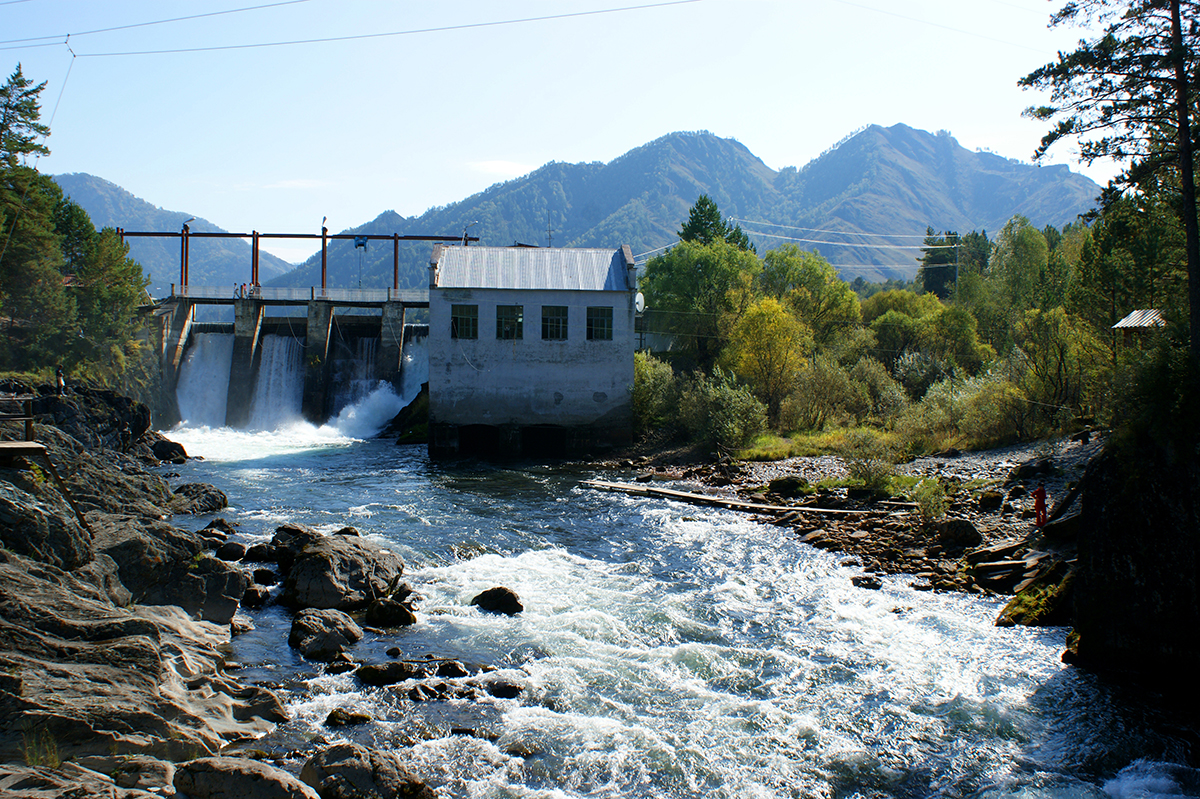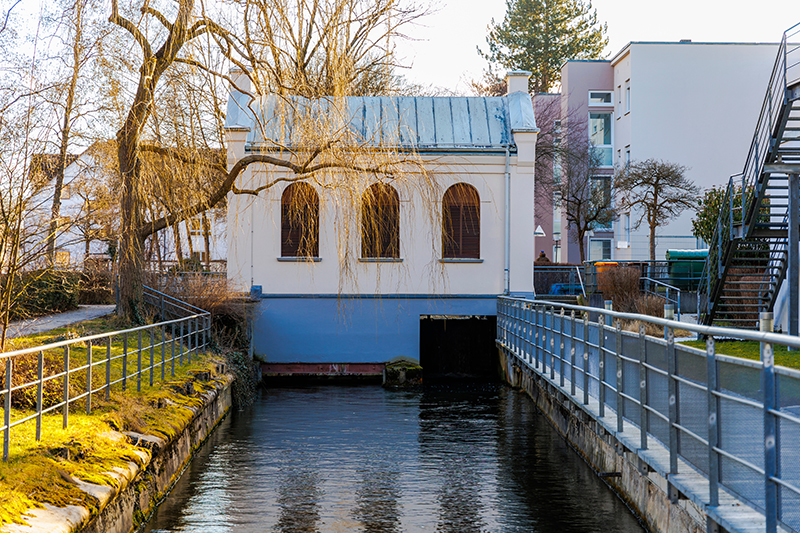Small Hydropower: Bringing Renewable Energy to Local Communities

Published: Friday, 11 October 2024
Hydropower is a form of renewable energy that harnesses the power of flowing water. For local communities that don’t need to rely on large-scale hydropower, much smaller alternative known as small hydropower is an emerging energy system focused on a much smaller, more localised scale. These systems are great for the environment but also a great tool for energy independence in rural and remote areas. In this article, we will cover what small hydropower is and the effect it could have in the renewable energy industry.
What is Small Hydropower
Small Hydropower is an installation with a capacity typically under 10 megawatts (MW). The system will divert a portion of a river or a stream to flow through the turbines and generating electricity for the local community. This approach reduces the environmental and social impacts that a large-scale hydropower projects usually brings to areas.
How Small Hydropower Works
Similar to a large-scale hydro dam, the system will contain a dam, turbine, and a generator, but at a much smaller scale. The main type that small hydropower will usually use is a run-of-river system.
Run-of-river – Takes a portion of the river and will utilise the natural decline to produce the energy, with this system, you may not require the use of a dam.
Technology Advancements
With most renewable energies, technology is constantly advancing and that isn’t any different with small hydropower. With most small hydro systems, it can be difficult to transport the equipment needed due to the rural locations for small hydro. Innovation has allowed for more modular turbines so they can be easily transported to remote locations.

Benefits of Small Hydropower
Economic Development – When a small hydropower project comes to a local area, it will help to create jobs for the local community. These jobs include construction, maintenance, and operation of the new plant but will help provide jobs and revenue to the community through electricity sales.
Energy Independence – As we integrate more renewable energy systems, our reliance on fossil fuels begins to shrink. With small hydropower it helps to give local communities energy independence and to not rely as heavily on fossil fuels in their day-to-day lives.
Environmental Justice - For small communities, a large hydropower or fossil fuel development would be unsustainable in their area. Small hydro offers a reliable and clean source of electricity, and usually these projects normally do not require government assistance.
Challenges of Small Hydropower
Habitat Alteration – For rivers and water systems, the greatest harm is flow regime alteration. As run-of-river systems take a portion of the river and alter its flow, this affects the river’s cohesion and connectivity if not done correctly. This can cause habitat degradation with will affect the fish and macroinvertebrates.
Cost – in comparison to large-scale hydropower systems, small hydro projects are generally lower. The main issue with small hydro projects and costs is if the project proves to be uneconomical for the area and will have an outsized budget expenditure.
Small Hydropower helps to offer a promising solution for local communities seeking renewable energy sources. By harnessing the power from following water, the systems can provide economic development, energy independence, and environmental justice. As the technology continues to evolve and policies are implemented to support the growth of rural areas, small hydropower is poised to play a role in the global energy landscape.

